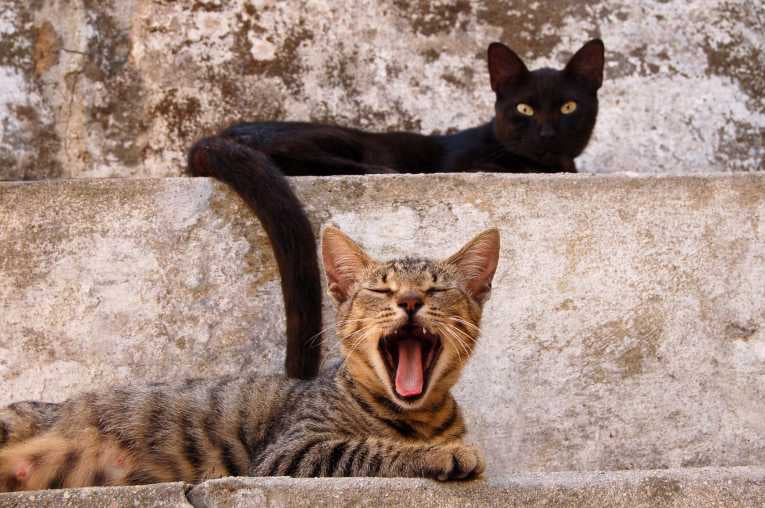Christmas Island is a high biodiversity Indian Ocean isle located close to Indonesia. The Island has a population of about 1400 residents who live in an area referred as "The Settlement" on the northern tip of the Island.
Existing scientific studies have shown that the introduction of domestic cats to islands around the world can have deleterious impacts on endemic land vertebrates and breeding bird populations, with island faunas that have evolved for longed periods in the absence of predators being particularly susceptible to cat predation.
Published in the journal Ecological Management & Restoration, a study by Australian researchers has identified the introduction of cats to the Island in 1888 as one of the main factors contributing to the extinction of four of the five mammal species that were previously present on the Islands. Cats were initially confined to populated areas, where they had access to discarded human food, but since the introduction of the black rat to the Christmas Island feral cats have become more widespread.
Seventeen per cent of the Island's households keep a total of 152 cats, of which 16 were unwanted and were euthanised. During this programme all domestic cats were registered to ensure their release during trapping campaigns for stray and feral cats. A 2005 survey reveals that there are about 1.34 cats per kilometer on the island.
A wide variety of animals, including mammals, birds, reptiles and invertebrates, have been reported to make part of feral cat diets.
Studies have confirmed that they are likely to threaten several other non-mammalian species such as several native reptile and bird species, which include the Christmas Island Imperial pigeon, Emerald Dove, Red-tailed Tropicbird.
The impact of the alien cat on native biodiversity of Christmas Island, is probably comparable to that of predatory cats, rats and mongooses in Hawaii. Similarly, bird predators have been largely absent from this Pacific Ocean Island, which makes them particularly vulnerable to predation.
The introduction of alien species by humans in new environments, whether intentional or not, is today one of the most important threats to biodiversity worldwide.
Top Image Credit: © AF










